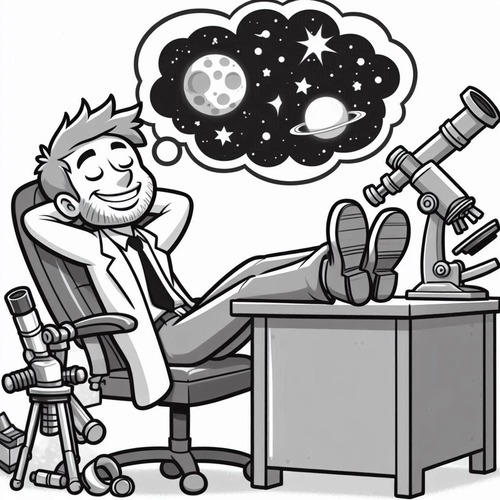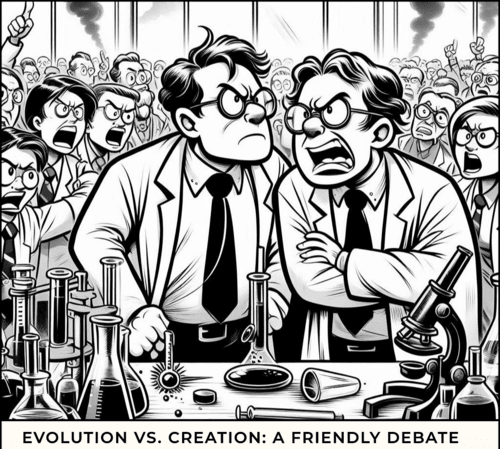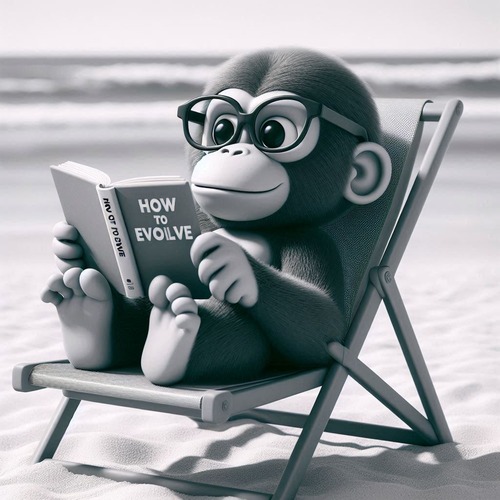The Teleological Argument: Unveiling Design in a Universe of Wonder
Unveiling Design in a Universe of Wonder
Remember those nights when you lay gazing at the intricate spirals of a galaxy or marvelling at the symphony of life on Earth? The teleological argument for God’s existence invites us to consider these wonders as evidence of a grand design. This powerful argument, also known as the “argument from design,” proposes the order and complexity of the universe don’t exist by chance, but rather point to an intelligent Creator.
A Universe Screaming Design:
Imagine a masterfully crafted watch—its intricate gears and precise timing bespeak a watchmaker. The teleological argument suggests the universe is like this watch, showcasing a level of complexity that screams “design.” Just as a watch wouldn’t exist by accident, the universe’s fine-tuned physical laws, from the perfect balance of forces for star formation to the delicate conditions needed for life, all hint at an underlying intelligence.
Beyond Chance: The Delicate Balance of Existence
Consider the Earth—its distance from the sun, its size, and its unique atmosphere—all perfectly calibrated for life. Minor alterations in these factors would render our planet lifeless. This “fine-tuning” argument highlights how improbable life is without a guiding hand.
The “unreasonable effectiveness of mathematics” in describing the universe further strengthens this point. Why do these abstract concepts perfectly align with how the universe works? This harmony suggests a pre-existing plan, potentially orchestrated by a brilliant designer.
The Mystery of Life: Irreducible Complexity
Think about the human body—a marvel of interconnected systems. The teleological argument finds support in the concept of “irreducible complexity.” Certain biological systems, like the bacterial flagellum, a microscopic motor essential for bacterial movement, are so intricate that removing even a single component would render them useless. This complexity challenges gradual evolutionary explanations, suggesting the need for an intelligent designer to assemble such systems from the start.
Beyond the Physical: The Human Experience
The human experience transcends the physical. Our capacity for consciousness, morality, and abstract thought presents a puzzle for purely materialistic explanations. While advancements like fMRI technology are helping us understand the brain better, the essence of consciousness remains a mystery. This gap in purely scientific explanations leaves room for the possibility of a higher intelligence behind human design, aligning with the teleological argument.
A Universe Whispering Purpose:
The teleological argument invites us to view the universe not as a random accident but as a meticulously crafted design. Science continues to unravel the universe’s secrets, but the teleological argument posits that the observed order and complexity are best explained by the existence of an intelligent designer. This argument serves as a bridge, allowing us to integrate scientific observations with philosophical insights, leading us to contemplate the profound design woven into the very fabric of the cosmos.
Ready to Delve Deeper?
The teleological argument sparks curiosity and opens doors for further exploration. If you’d like to learn more about this fascinating topic or other apologetics arguments, feel free to browse our website or contact us directly!
Related Reads:
- The Ontological Argument: Can We ‘Logic’ Our Way to God?
- Aquinas’ Quinque Viae: Timeless Arguments for the Existence of God
- The Universal Moral Oughts: Signposts to the Divine
- The Kalam Cosmological Argument: A Quest for Cosmic Beginnings
- The Fine-Tuning Argument: Can Orchestras Compose and Conduct Themselves?
Editor's Pick

From Empty to Overflow: The Abundant Life Jesus Promised
(AND WHY YOU SHOULDN’T SETTLE FOR LESS) We're surviving, but are we thriving? If we're honest, there's a gap between [...]

What Does Jesus Save Us From?
THREE BIBLE TRUTHS ABOUT SALVATION "Jesus saves." We’ve seen it on bumper stickers, heard it shouted at sporting events, maybe [...]

If God Wants Everyone Saved, Why Aren’t They?
THE REFORMED VIEW ON GOD’S DESIRE VS HIS DECREE The question haunts every believer who has lost an unbelieving loved [...]

The One Man Mystery in Acts 17:26: Is It Adam Or Noah?
When the Apostle Paul stood before the philosophers at Mars Hill, he delivered an insightful statement about human unity: “And [...]

Megiddo Or Jerusalem: Where Did King Josiah Die?
Recent archaeological discoveries at Tel Megiddo continue to reveal evidence of Egyptian military presence during the late 7th century BC, [...]

Losing Your Life Vs Wasting It: How Are the Two Different?
AND WHY DID JESUS PRAISE THE FORMER? Jesus spoke one of the most perplexing statements in Scripture: “For whoever wants [...]

Can Christians Be Demon Possessed? What the Bible Teaches
Perhaps you’ve witnessed disturbing behavior in a professing Christian, or you’ve struggled with persistent sin and wondered if something darker [...]

Sacred Fury: What Christ’s Temple Cleansing Truly Means
Mark 11 records the crack of a handmade whip that echoed through the temple corridors. Tables crashed to the ground, [...]

Did Jesus Cleanse the Temple Twice?
OR DID JOHN DISAGREE WITH THE SYNOPTICS ON TIMING? One of sceptics’ favourite "gotcha" questions targets what they see as [...]

Self-Authentication: Why Scripture Doesn’t Need External Validation
"How can the Bible prove itself? Isn't that circular reasoning?" This objection echoes through university classrooms, coffee shop discussions, and [...]
SUPPORT US:
Feel the Holy Spirit's gentle nudge to partner with us?
Donate Online:
Account Name: TRUTHS TO DIE FOR FOUNDATION
Account Number: 10243565459
Bank IFSC: IDFB0043391
Bank Name: IDFC FIRST BANK






